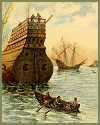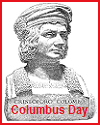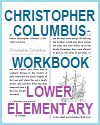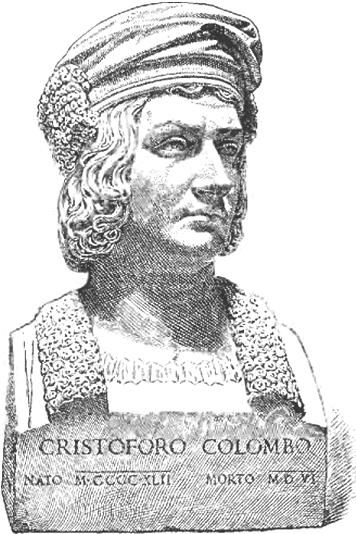
 Christopher Columbus, born in 1451 in Genoa, Italy, was an explorer whose transatlantic voyages significantly impacted world history. Driven by the ambition to find a westward route to Asia, Columbus secured the backing of the Spanish monarchs, King Ferdinand and Queen Isabella, after several rejections from other European rulers.
Christopher Columbus, born in 1451 in Genoa, Italy, was an explorer whose transatlantic voyages significantly impacted world history. Driven by the ambition to find a westward route to Asia, Columbus secured the backing of the Spanish monarchs, King Ferdinand and Queen Isabella, after several rejections from other European rulers.
On August 3, 1492, Columbus set sail with three ships--the Santa María, the Pinta, and the Niña--from Palos de la Frontera. After a perilous journey across the Atlantic, he and his crew sighted land on October 12, 1492, landing in the Bahamas. Believing he had reached the outskirts of Asia, Columbus named the indigenous people he encountered "Indians."
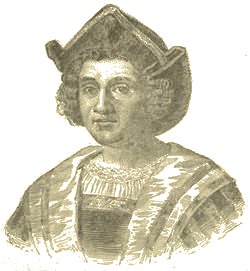 Columbus's voyages marked the beginning of European exploration and colonization of the Americas. He made three subsequent voyages, exploring various Caribbean islands, parts of Central America, and the northern coast of South America. Despite never finding the anticipated route to Asia, his expeditions opened the way for the widespread exchange of goods, cultures, and ideas between the Old and New Worlds, an era known as the Columbian Exchange.
Columbus's voyages marked the beginning of European exploration and colonization of the Americas. He made three subsequent voyages, exploring various Caribbean islands, parts of Central America, and the northern coast of South America. Despite never finding the anticipated route to Asia, his expeditions opened the way for the widespread exchange of goods, cultures, and ideas between the Old and New Worlds, an era known as the Columbian Exchange.
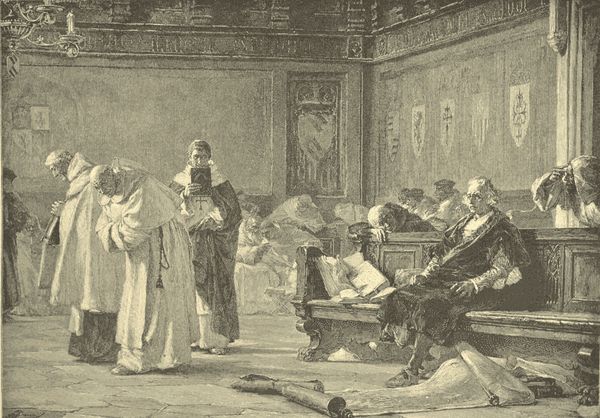 However, Columbus's legacy is complex. While he is celebrated for his role in connecting continents, his expeditions also led to the exploitation, enslavement, and significant suffering of indigenous populations. His governance of the new territories was marred by brutality and mismanagement, leading to his eventual arrest and loss of favor with the Spanish crown.
However, Columbus's legacy is complex. While he is celebrated for his role in connecting continents, his expeditions also led to the exploitation, enslavement, and significant suffering of indigenous populations. His governance of the new territories was marred by brutality and mismanagement, leading to his eventual arrest and loss of favor with the Spanish crown.
Columbus died in 1506, believing he had discovered a new route to Asia. Despite the controversies surrounding his legacy, his voyages undeniably reshaped the course of history, setting the stage for the age of exploration and the profound transformations that followed.
|





 Christopher Columbus, born in 1451 in Genoa, Italy, was an explorer whose transatlantic voyages significantly impacted world history. Driven by the ambition to find a westward route to Asia, Columbus secured the backing of the Spanish monarchs, King Ferdinand and Queen Isabella, after several rejections from other European rulers.
Christopher Columbus, born in 1451 in Genoa, Italy, was an explorer whose transatlantic voyages significantly impacted world history. Driven by the ambition to find a westward route to Asia, Columbus secured the backing of the Spanish monarchs, King Ferdinand and Queen Isabella, after several rejections from other European rulers.
 Columbus's voyages marked the beginning of European exploration and colonization of the Americas. He made three subsequent voyages, exploring various Caribbean islands, parts of Central America, and the northern coast of South America. Despite never finding the anticipated route to Asia, his expeditions opened the way for the widespread exchange of goods, cultures, and ideas between the Old and New Worlds, an era known as the Columbian Exchange.
Columbus's voyages marked the beginning of European exploration and colonization of the Americas. He made three subsequent voyages, exploring various Caribbean islands, parts of Central America, and the northern coast of South America. Despite never finding the anticipated route to Asia, his expeditions opened the way for the widespread exchange of goods, cultures, and ideas between the Old and New Worlds, an era known as the Columbian Exchange.

